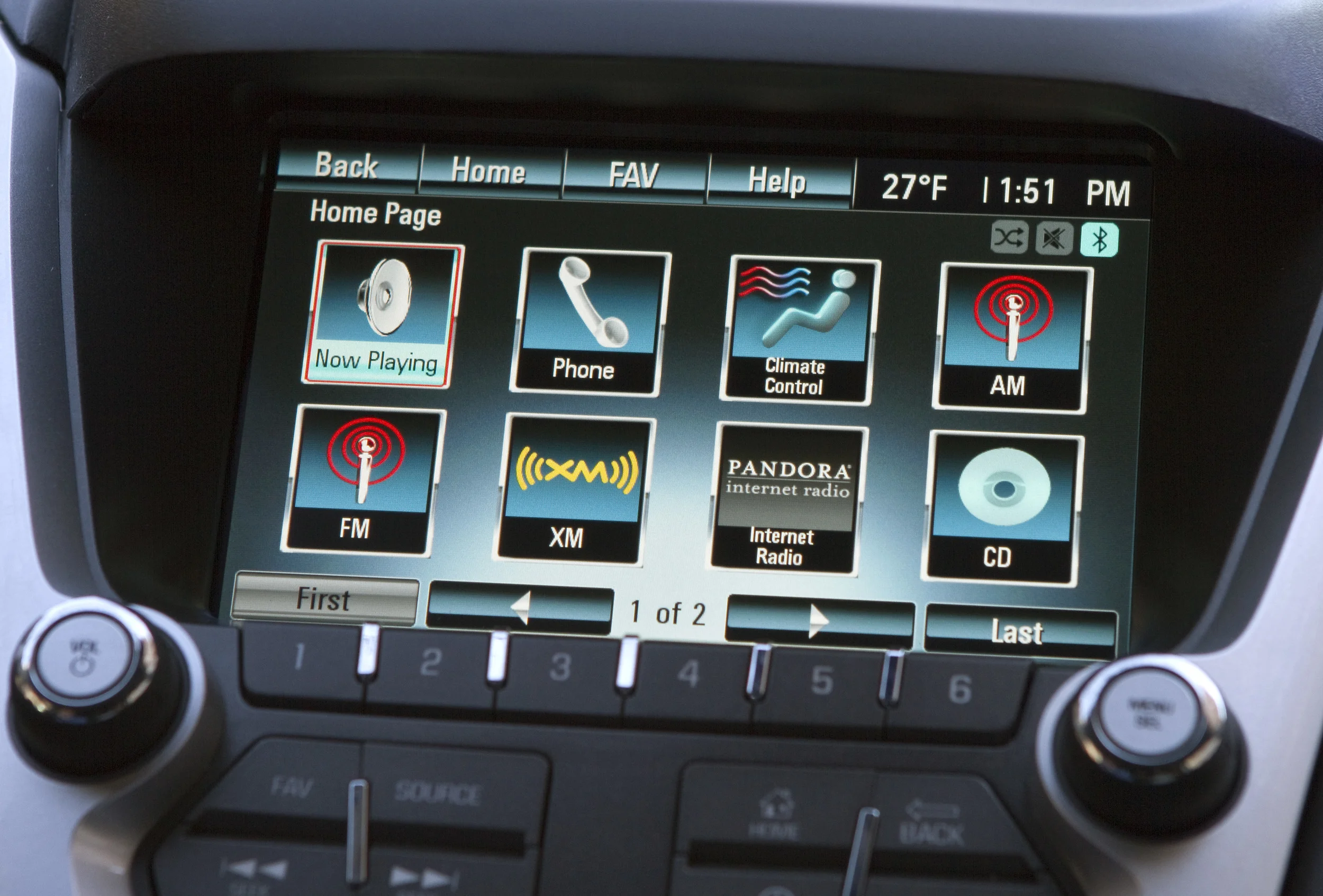Many news outlets have been publishing stories recently about a new phenomenon called ‘car-hacking.’ This practice essentially allows a hacker to take control of a vehicle without having to touch it. By hacking into the main-computer of a car, hackers can change the radio, control certain aspects of the car’s functionality, and even turn off the car mid-drive. This was proven a few months ago when researchers hacked into a 2014 Jeep Cherokee and shut it down on a busy highway.
Wired recently reported that the Federal Bureau of Investigation (FBI), the Department of Transportation (DOT), and the National Highway Traffic and Safety Administration (NHTSA) released a statement that warned drivers of the threat and risks of car-hacking into consumer cars and trucks. Although there were not many cases of car-hacking last year, the FBI wants to ensure drivers that they are working on fixing the problem. They are also offering to help anyone who feels their car has been hacked. The FBI, DOT, and NHTSA suggest that drivers ensure that their vehicles's technology software is always up to date and advise consumers to constantly stay aware of any potential recalls that their vehicle may have fallen victim to.
Recalls are often simple for manufacturers to fix, but if drivers are not informed of them, they may be susceptible to car hacking. Following the Jeep Cherokee hacking last year, Chrysler issued a recall of 1.4 million vehicles and mailed out USB drives with proper software upgrades to fix the issue, to all those affected by the recall. However, Chrysler was not the only car manufacturer to be effected by hacking. A few months later after the Chrysler hacking, researchers at the University of California-San Diego found that with a simple insurance issued dongle, hackers were able to enable or disable the windshield wipers and even cut out the brakes in some Chevrolet Corvette models.
The FBI warns the public of giving access to consumer vehicles to any drivers who are not known personally, as this leaves the possibility for something to be installed in the vehicle that would allow it to be hacked or driven remotely. Although this notice from the FBI comes late for some, overall it is very informative and a good way for drivers to become knowledgeable on the issue. Cars are becoming more and more technologically advanced and with that comes more and more opportunity for this technology to be hacked.
If a driver feels that their car has been hacked, they can contact the FBI or local authorities, which will hopefully lead to stricter regulations and the discovery of who is trying to hack these vehicles.
Although it seems far fetched, car-hacking is a real issue that drivers may face more and more as automobile technology advances. Car-hacking is very dangerous, because if a car is hacked and the brakes are made inactive or the vehicle is turned, it could be deadly for the driver. Drivers should heed the FBI’s warning and continuously check for new updates for their vehicle's technology and ensure they tend to any recalls as soon as possible. After all, it’s better to be safe than sorry.
If you or someone you know has been injured an motor vehicle accident, call The Michigan Law Firm, PLLC. Our attorneys are highly experienced in handling all types personal injury cases including auto collisions and motorcycle crashes. Call us today, at 844.4MI.FIRM for a free consultation.


